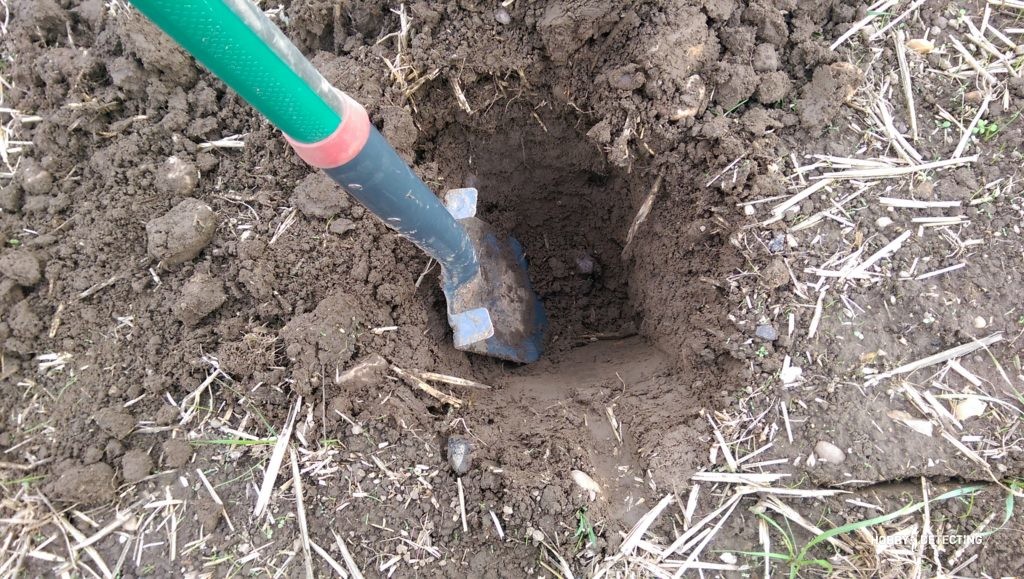Why do you need to do ground balancing in a metal detector? (Digger’s Tips+)
When I started working as a cop, I didn’t understand anything when more experienced comrades said strange words: «discrimination», «ground balance», & ;#171;mineralization». Moreover, when I held a metal detector for the first time, I didn’t even know that it was necessary to do some kind of ground balancing. Why is it needed?
Why do you need a ground balance on a metal detector?
Содержание статьи:
Did you know that if you set the ground balance incorrectly, your metal detector will incorrectly display targets under the coil? But that’s only half the problem, one of the worst consequences of ignoring an important setting is cutting down the depth of your detector! Just imagine, all the gold, silver, copper and other interesting possible finds will simply be beyond the detection depth of your detector. You will dig for corks and swear that there are no finds. 🙂 However, stop panicking, you’ve come to the right blog, read on!
 Metal detectors are divided into several categories, differing in the number of functions, price, component base and different goodies. One of these functions is the «ground balancing» setting, which can be called differently: ground balance, ground balance, GB. Based on the functions of your device, you may have:
Metal detectors are divided into several categories, differing in the number of functions, price, component base and different goodies. One of these functions is the «ground balancing» setting, which can be called differently: ground balance, ground balance, GB. Based on the functions of your device, you may have:
Lack of ground balance — in this case, the ground setting is set by the manufacturer to some value averaged for all soils. This cannot be encouraging, of course, since it does not allow effective use of the device due to the constant change in the sensitivity of the device and its detection depth.
Manual ground adjustment— This is done either by manual adjustment, when you need to listen to the sound of the ground and set the value yourself, or, as on most modern digital devices, you can let the device itself set the correct value simply by shaking the coil at a certain distance from the ground. (Experienced comrades recommend: it is better to first set the value using the device, and then adjust and set the best value manually, this way you will achieve the best and most optimal result).
Automatic ground adjustment with tracking — A similar solution as described above, but with the difference that the device itself monitors changes in the nature of the soil, its level of mineralization, and automatically adjusts the value.
There is one useful picture from the Minelab manual that will clearly show how depth depends on ground balancing:

What is highly mineralized soil?
Everyone knows that the device’s coil (sensor) creates a certain field that reacts to anomalies in the ground (finds, let’s call them that). However, this field also reacts to the ground, because the ground can have different levels of mineralization. For example, if you are digging in dry sand, then the soil will be neutral, but if the soil is rocky, or full of various metals, salts, etc., then many devices will be useless, because they will generate noise and, unfortunately, you will not be able to find anything. Such soil is called highly mineralized. You never know what kind of soil one field might have. What if somewhere the soil is clayey and by going to it you will simply lose the depth and finds? You will pass by and not even understand that the depth has dropped and the soil has changed. Therefore, if coping has already become your professional hobby, you should think about looking for a more serious detector.
How often should you do soil balancing?
I often hear this question from beginners. There is no single standard; you can do soil balance from case to case, for example, once every 10-20 minutes. Or, for example, use automatic tracking of ground balance, but any automation has a minus — in this case, you will get less depth than if you did a manual installation, but the depth level will always remain almost the same. The choice is always yours.
If you have questions or advice on the topic, then write comments and they will be seen by many diggers of our limitless Internet. 🙂
Good luck!
I liked the tips? Look for more tips, tricks, secrets of a cop? All this is collected on our blog here are tips for diggers, come in , there’s a lot of interesting stuff there!
